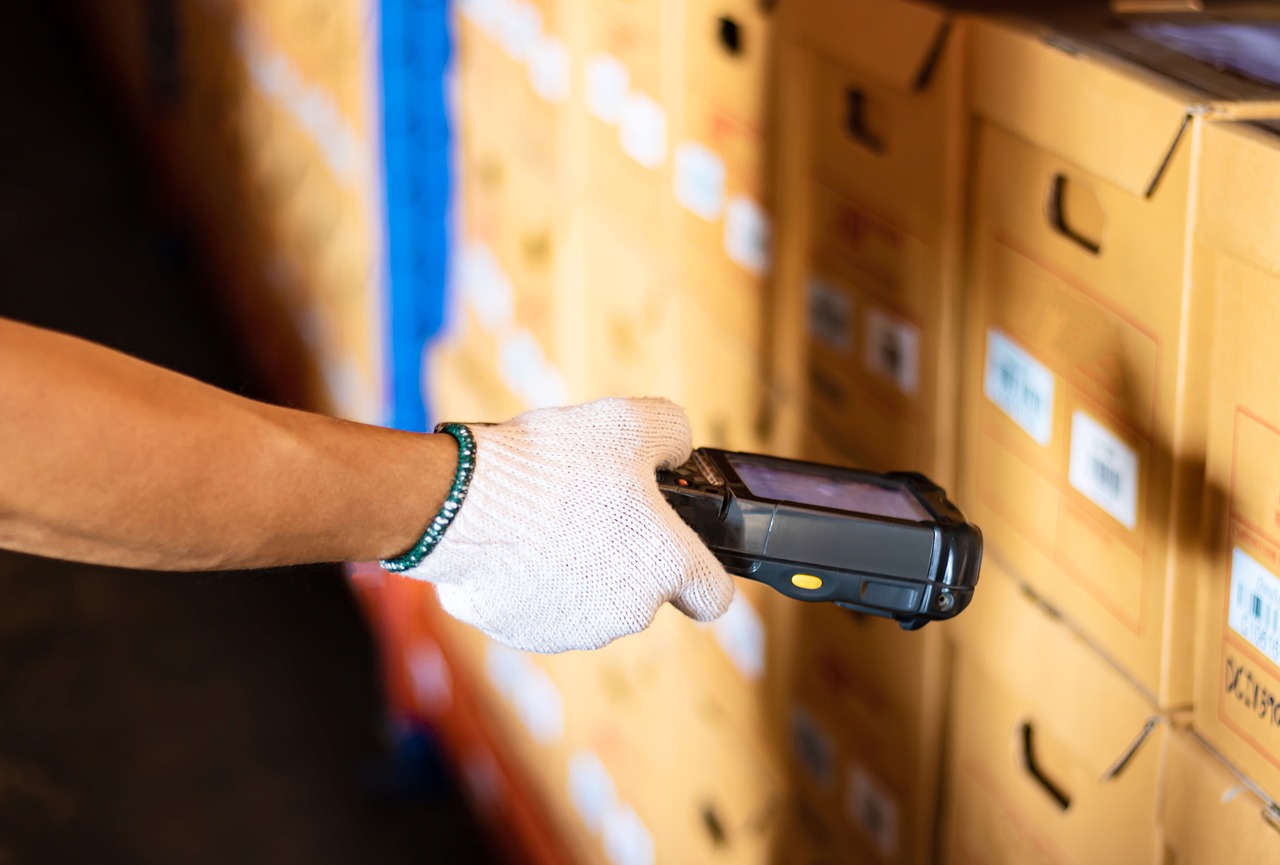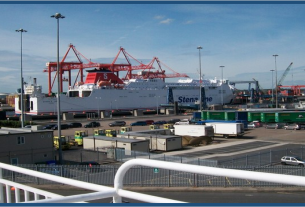Introduction
In a major crackdown on counterfeit goods, Europol has reported the seizure of fake products worth more than €91 million as part of its annual Operation OPSON. The operation targeted a wide range of counterfeit and substandard goods, including fake olive oil dyed with chlorophyll, low-quality tuna sold as premium, and other products that posed significant health risks to consumers.
This latest operation highlights the growing global challenge of counterfeit goods and the far-reaching implications of these illegal products, which not only undermine legitimate businesses but also present serious health and safety risks for consumers. In a press release, Europol emphasized that the operation involved cooperation between national law enforcement agencies, customs authorities, and private sector partners, as well as the significant role of Europol in coordinating cross-border enforcement.
What is Operation OPSON?
Operation OPSON is an annual initiative organized by Europol in partnership with INTERPOL and national law enforcement agencies around the world. The primary goal of the operation is to target counterfeit food, beverages, and other consumer goods, which often present a hidden danger to public health. The operation involves multiple countries working together to identify and seize fake products in circulation, while also raising awareness of the dangers posed by counterfeit goods.
In 2023, Europol’s OPSON initiative seized a record €91 million in counterfeit goods, making it one of the largest operations of its kind. The goods confiscated in this operation spanned multiple sectors, from food and beverages to luxury goods, medicines, and electronics.
Highlights from the 2023 Operation OPSON
Here are some of the notable products seized during the 2023 operation:
- Fake Extra Virgin Olive Oil: One of the most concerning counterfeit products seized in the operation was olive oil that had been dyed with chlorophyll to make it appear like extra virgin olive oil. This counterfeit oil posed significant health risks, as it could cause allergic reactions or digestive problems in unsuspecting consumers. Olive oil fraud is a growing issue in global markets, with counterfeiters often diluting olive oil with cheaper oils or adding artificial colorants to increase profits.
- Low-Quality Tuna Sold as Premium: Another major counterfeit product was tuna, with low-quality fish being passed off as premium-grade tuna. This type of fraud is particularly troubling given the popularity of tuna in global markets, including canned tuna and sushi-grade fish. Substandard tuna can be harmful to consumers, especially if the fish is not stored, prepared, or handled correctly, potentially leading to foodborne illnesses.
- Fake Alcohol and Soft Drinks: Counterfeit alcoholic beverages, including whiskey and vodka, as well as counterfeit soft drinks, were also seized in the operation. These fake drinks are often produced in unsanitary conditions and may contain harmful chemicals or toxins. The sale of counterfeit alcohol is also linked to organized crime in many countries, with profits often used to fund illegal activities.
- Counterfeit Pharmaceuticals: In addition to food and beverage products, the operation also targeted counterfeit medications. Fake pharmaceuticals are a growing global concern, as they can cause serious health risks, particularly when they are used to treat life-threatening conditions. In some cases, counterfeit drugs may contain no active ingredients at all, or dangerous substances that can have adverse effects on consumers.
- Luxury Goods and Electronics: Operation OPSON also seized counterfeit luxury products, including designer handbags, watches, and electronics. These goods, although not necessarily dangerous to health, infringe on intellectual property rights and undermine the legitimate businesses that produce these high-quality products.
The Scope of the Operation
The 2023 edition of Operation OPSON was a global effort, with enforcement actions taking place in Europe, Asia, Africa, and the Americas. According to Europol, the operation involved 21 countries and led to the arrest of dozens of individuals involved in the counterfeit trade. Authorities confiscated hundreds of thousands of counterfeit goods, which were often sold through online marketplaces, street vendors, and black market channels.
In addition to the physical seizures, law enforcement agencies also conducted several cyber investigations to target online sellers and platforms that were facilitating the distribution of counterfeit goods. Counterfeit products often make their way into global markets through the internet, with fake goods being sold on e-commerce platforms, social media, and peer-to-peer marketplaces.
Europol’s coordination with private sector partners, such as brand owners and manufacturers, was a crucial element of the operation. These partnerships allow law enforcement to identify counterfeit products more quickly and effectively, and to trace the origins of counterfeit goods through global supply chains.
The Dangers of Counterfeit Goods
Counterfeit goods present numerous dangers to both consumers and the legitimate economy. Some of the most significant risks associated with counterfeit products include:
- Health and Safety Risks: Counterfeit food, beverages, and pharmaceuticals can have serious health implications. For example, fake medications can fail to treat medical conditions or may cause harmful side effects. Counterfeit food products, such as adulterated olive oil or low-quality meat, can be contaminated, causing foodborne illnesses.
- Economic Impact: Counterfeit goods cause substantial losses to legitimate businesses, undermining brand reputation and reducing profits. In 2020, the global market for counterfeit goods was valued at over €450 billion, and this number continues to grow. The sale of counterfeit goods also deprives governments of tax revenue, as these goods are often sold outside of legal and regulated channels.
- Undermining Intellectual Property: Counterfeiting is a serious violation of intellectual property (IP) rights, which can have long-term consequences for innovators, designers, and manufacturers. The sale of fake goods damages the IP ecosystem, discouraging innovation and investment in research and development.
- Funding Organized Crime: The counterfeit goods trade is often linked to organized crime, with proceeds from the sale of fake goods being funneled into illegal activities, such as drug trafficking and human trafficking. By targeting the counterfeit market, law enforcement agencies are also disrupting criminal enterprises that profit from illicit trade.
What’s Next: The Continued Fight Against Counterfeit Goods
While Europol’s Operation OPSON was a major success, the fight against counterfeit goods is ongoing. As technology advances, counterfeiters are becoming more sophisticated in their methods, using high-tech equipment to produce fake goods that are increasingly difficult to detect. In response, law enforcement agencies and businesses must continue to adapt to these new threats, using advanced tools like blockchain technology, artificial intelligence (AI), and data analytics to track and identify counterfeit products in the market.
In addition to law enforcement efforts, consumer awareness plays a crucial role in combating the problem. Educating the public about the dangers of counterfeit goods and the importance of purchasing from reputable sources can help reduce demand for fake products.
Europol and other international organizations continue to call for greater cooperation between governments, the private sector, and consumers to combat the growing global problem of counterfeit goods.
Conclusion
Operation OPSON 2023 was a significant blow to the counterfeit goods trade, with law enforcement agencies around the world seizing €91 million worth of fake products, including food, beverages, pharmaceuticals, luxury goods, and electronics. The operation underscores the growing challenge of counterfeit goods and the importance of coordinated global action to address this issue. While the operation yielded significant results, the fight against counterfeit products is far from over, requiring ongoing vigilance, technological innovation, and public awareness to protect consumers and businesses alike.



